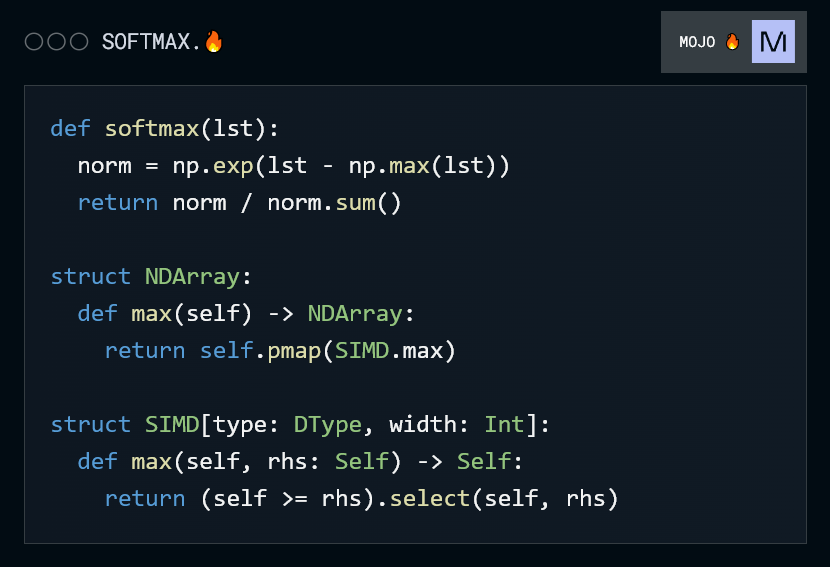In recent decades, we’ve witnessed incredible advancements in technology that have had a profound impact on various industries. One such industry on the cusp of transformation is agriculture. Artificial intelligence (AI) has the potential to revolutionize farming practices, leading to increased productivity, efficiency, and sustainability. In this article, we’ll take a closer look at how AI is changing the future of agriculture.
Precision Farming
Precision farming uses AI algorithms and data from various sources, such as satellite imagery, drones, and sensors, to optimize the use of resources like water, fertilizers, and pesticides. This approach ensures that the right amount of resources are applied to the right place at the right time, reducing waste and environmental impact while improving crop yields.
The benefits of precision farming are numerous:
- Increased efficiency: By using AI to optimize resource allocation, farmers can reduce waste and minimize the environmental impact of their operations.
- Improved crop yields: Precision farming allows farmers to apply the right amount of resources at the right time, leading to healthier crops and increased productivity.
- Reduced costs: By reducing waste and minimizing environmental impact, precision farming can help farmers save valuable resources.
Crop Monitoring and Disease Detection
AI-powered drone and satellite imagery, combined with machine learning algorithms, can monitor crop health, identify diseases, and detect pests in real-time. Early detection and intervention can save farmers valuable time and resources, leading to healthier crops and increased productivity.
The benefits of AI-powered crop monitoring and disease detection are:
- Early detection: AI-powered systems can detect diseases and pests before they become severe, allowing farmers to take action early on.
- Reduced costs: By detecting problems early on, farmers can reduce the cost of treatment and minimize losses.
- Increased productivity: Healthy crops lead to increased productivity and better yields.
Automated Farming Equipment
Self-driving tractors, harvesters, and other farm equipment are becoming increasingly common, thanks to AI advancements. Autonomous machinery can work tirelessly around the clock, optimizing field operations and reducing the need for manual labor. This can lead to significant cost savings for farmers and increased efficiency.
The benefits of automated farming equipment are:
- Increased efficiency: Autonomous machinery can optimize field operations, allowing farmers to focus on other tasks.
- Reduced costs: By minimizing the need for manual labor, farmers can save valuable resources.
- Improved safety: Automated machinery can reduce the risk of accidents and injuries on farms.
Smart Greenhouses
AI technology can also be used to create smart greenhouses, which optimize the growing environment for plants by monitoring and adjusting temperature, humidity, and lighting conditions. By using AI to create the ideal conditions for growth, smart greenhouses can maximize yield and minimize resource consumption.
The benefits of smart greenhouses are:
- Increased yields: By creating optimal growing conditions, farmers can increase crop yields.
- Reduced costs: Smart greenhouses can minimize resource consumption, reducing costs for farmers.
- Improved quality: AI-powered greenhouses can create ideal conditions for growth, leading to higher-quality crops.
Farm Management Software
AI-powered farm management software can analyze historical and real-time data to provide farmers with valuable insights and recommendations. These tools can help farmers make more informed decisions about planting, irrigation, and harvesting, leading to more efficient and profitable operations.
The benefits of AI-powered farm management software are:
- Improved decision-making: By analyzing historical and real-time data, farmers can make more informed decisions.
- Increased efficiency: AI-powered farm management software can optimize field operations, reducing waste and minimizing environmental impact.
- Reduced costs: By optimizing resource allocation, farmers can save valuable resources.
Supply Chain Optimization
AI can also help optimize the agricultural supply chain by predicting demand, streamlining logistics, and reducing waste. This can lead to increased efficiency and cost savings for both farmers and consumers.
The benefits of AI-powered supply chain optimization are:
- Increased efficiency: By predicting demand and optimizing logistics, the agricultural supply chain can become more efficient.
- Reduced costs: By minimizing waste and optimizing resource allocation, farmers and consumers can save valuable resources.
- Improved quality: AI-powered supply chain optimization can lead to higher-quality products.
Sustainable Agriculture
AI has the potential to contribute significantly to the development of more sustainable agricultural practices. By optimizing resource use, reducing waste, and minimizing environmental impact, AI can play a vital role in promoting a more sustainable and eco-friendly future for agriculture.
The benefits of AI-powered sustainable agriculture are:
- Reduced environmental impact: By optimizing resource allocation and minimizing waste, farmers can reduce their environmental footprint.
- Increased efficiency: AI-powered sustainable agriculture can optimize field operations, reducing costs and increasing productivity.
- Improved quality: By creating ideal growing conditions, AI-powered sustainable agriculture can lead to higher-quality crops.
Conclusion
In conclusion, AI has the potential to revolutionize the agriculture industry, offering a range of benefits from increased productivity and efficiency to more sustainable farming practices. As technology continues to advance, we can expect to see even more innovative solutions that will help shape the future of farming for generations to come.
By embracing AI-powered technologies, farmers can:
- Increase productivity: By optimizing resource allocation and minimizing waste.
- Reduce costs: By streamlining logistics and reducing environmental impact.
- Improve quality: By creating ideal growing conditions and promoting sustainable agriculture practices.
The future of agriculture is bright, and AI is poised to play a vital role in shaping the industry for years to come.




